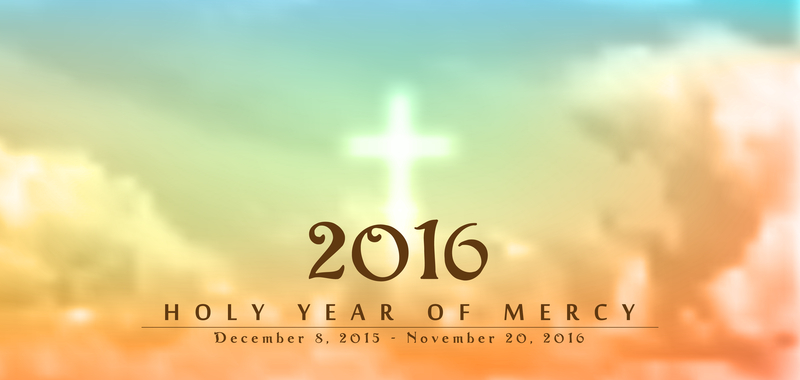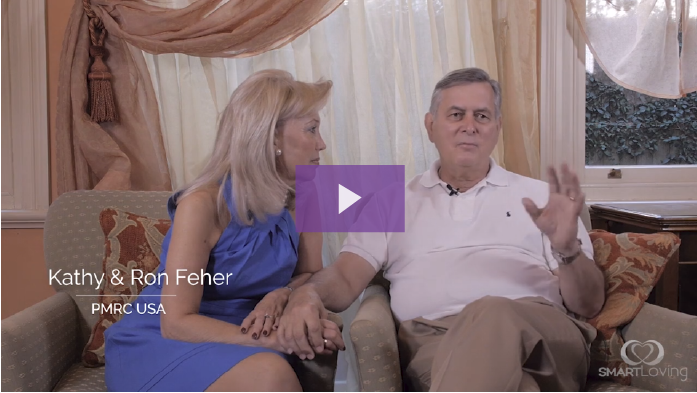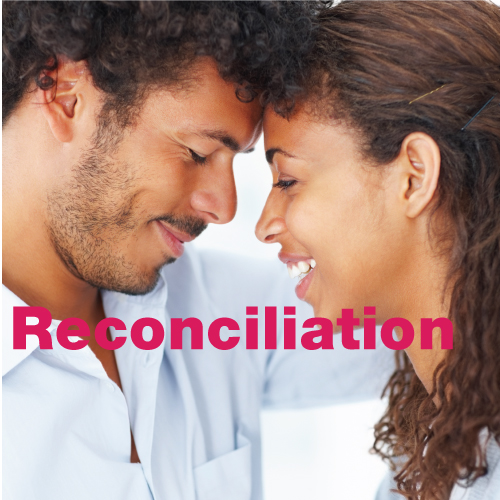Mercy – The Gift you Give Yourself

The Year of Mercy began on December 8 and forgiveness is in the air. Pope Francis has called this extraordinary Jubilee year to draw attention to the need for mercy at all levels of society and in the church community too.
But seeking mercy is not easy and giving it can be equally hard. None-the-less, giving mercy to someone who has hurt us, or forgiving them, is vital to our emotional equilibrium and spiritual health.
We all hold onto resentments and emotional wounds, especially in our intimate relationships. We reason to ourselves, that if we let it go, it will give permission to the other person to keep hurting us.
But forgiveness is not about condoning. If it didn’t hurt, it wouldn’t need forgiving; the fact that something needs forgiveness confirms that it was indeed a significant wound to our heart.
Forgiveness is also different to reconciling with the other person. In some cases, reconciliation may not be even possible, for example if the person is already dead, or not emotionally mature enough to be in relationship with you. Forgiveness certainly doesn’t mean trusting the other person – we can forgive and let go of our resentment, but still keep some healthy boundaries in place.
We remember a friend telling us how he had resented his abusive father so much that he left at 16 and even twenty years after his father’s death, was still holding resentment against him. In trying so hard not to be like his father, he was harming his own children by failing to provide appropriate boundaries. It wasn’t until he forgave his father that he was able to freely choose how to father his own children. It wasn’t easy; his father had left deep, deep wounds. But he loved his children and wanted to be free to express his love without the compulsive reactivity.
And this is the point: when we fail to forgive, we usually end up hurting others. We also hurt ourselves.
We become guarded in our relationships, measured in our generosity and suspicious of the intentions of others. We put up barriers between ourselves and the person who hurt us, but we also put up barriers in other relationships too. It has a global impact on all our relationships.
Someone once said that ‘resentment is the poison you take yourself, expecting the other person to get sick’. We all do this to ourselves; we defend our right to be offended and hurt and all the while we are poisoning our souls and robbing ourselves of the joy God intends for us.
When we are in a state of resentment, it is as if a dark cloud is hanging over us. Everything seems gloomy and pessimism and cynicism take root in our hearts. We can’t experience the joy or the blessings that God showers on us because our hearts are so absorbed with our resentment.
The only way to break the pattern, is to forgive – to extend mercy to the one who hurt us. So think about mercy, not only as something to give to others, but as a gift to give yourself.




